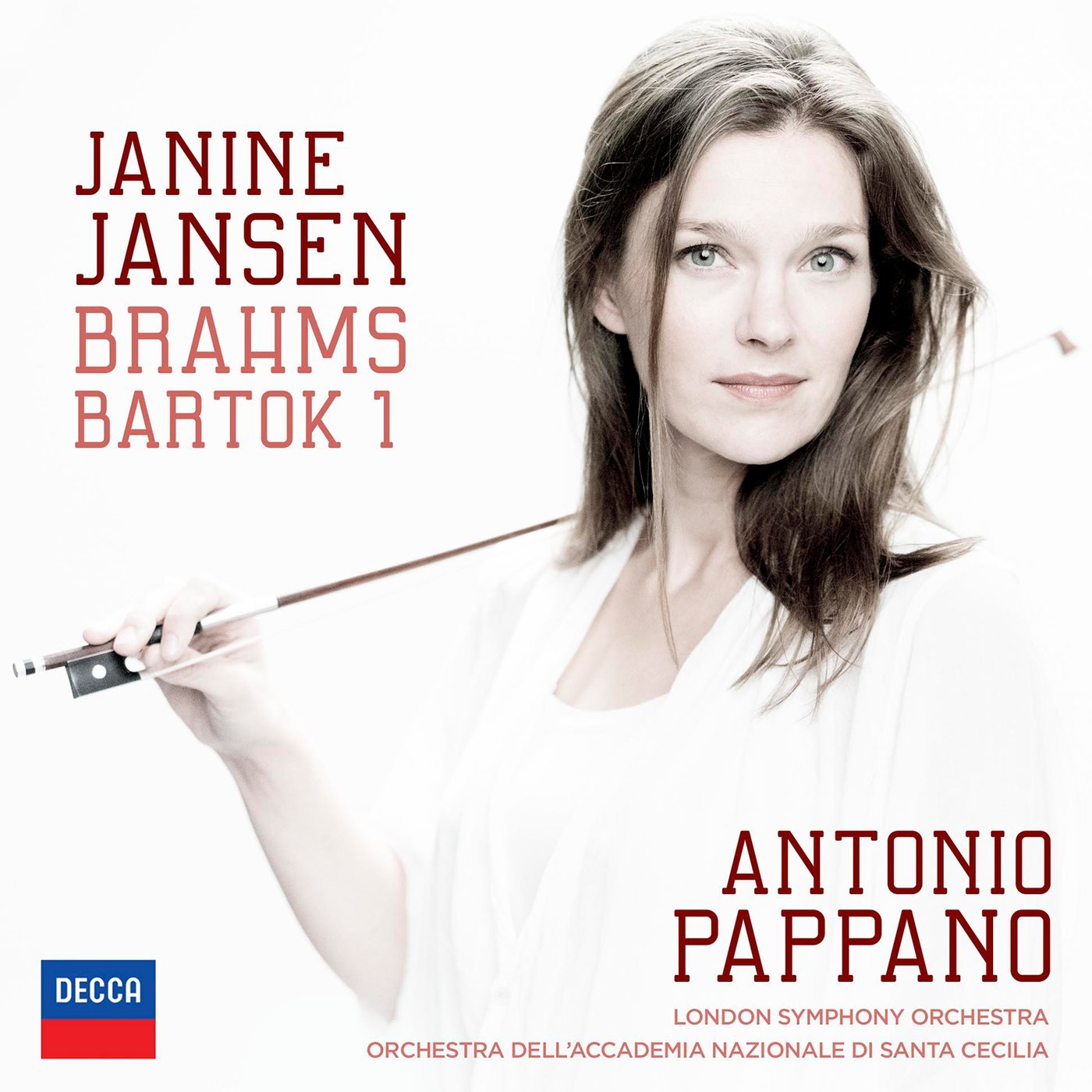Znaider, LSO, Pappano, Barbican
Perfect depth and communication in Beethoven and Elgar
Anger and fear in Elgar, introspection in middle-period Beethoven: these are undervalued qualities in each composer’s music. Yet such moods were vividly present in two hyper-nuanced interpretations last night. It was easy to believe that no other solo violinist in the world today strikes a finer balance between sweet tone in the upper register and overall strength than Nikolaj Znaider; and on this evidence it sounded as if Antonio Pappano, a perfect concerto partner and a master of symphonic light and shade, might have made an even better choice of LSO Music Director than Simon Rattle.

 Brahms: Violin Concerto, Bartók: Violin Concerto No 1 Janine Jansen (violin) Orchestra dell'Accademia Nazionale di Santa Cecilia, London Symphony Orchestra/Antonio Pappano (Decca)
Brahms: Violin Concerto, Bartók: Violin Concerto No 1 Janine Jansen (violin) Orchestra dell'Accademia Nazionale di Santa Cecilia, London Symphony Orchestra/Antonio Pappano (Decca)